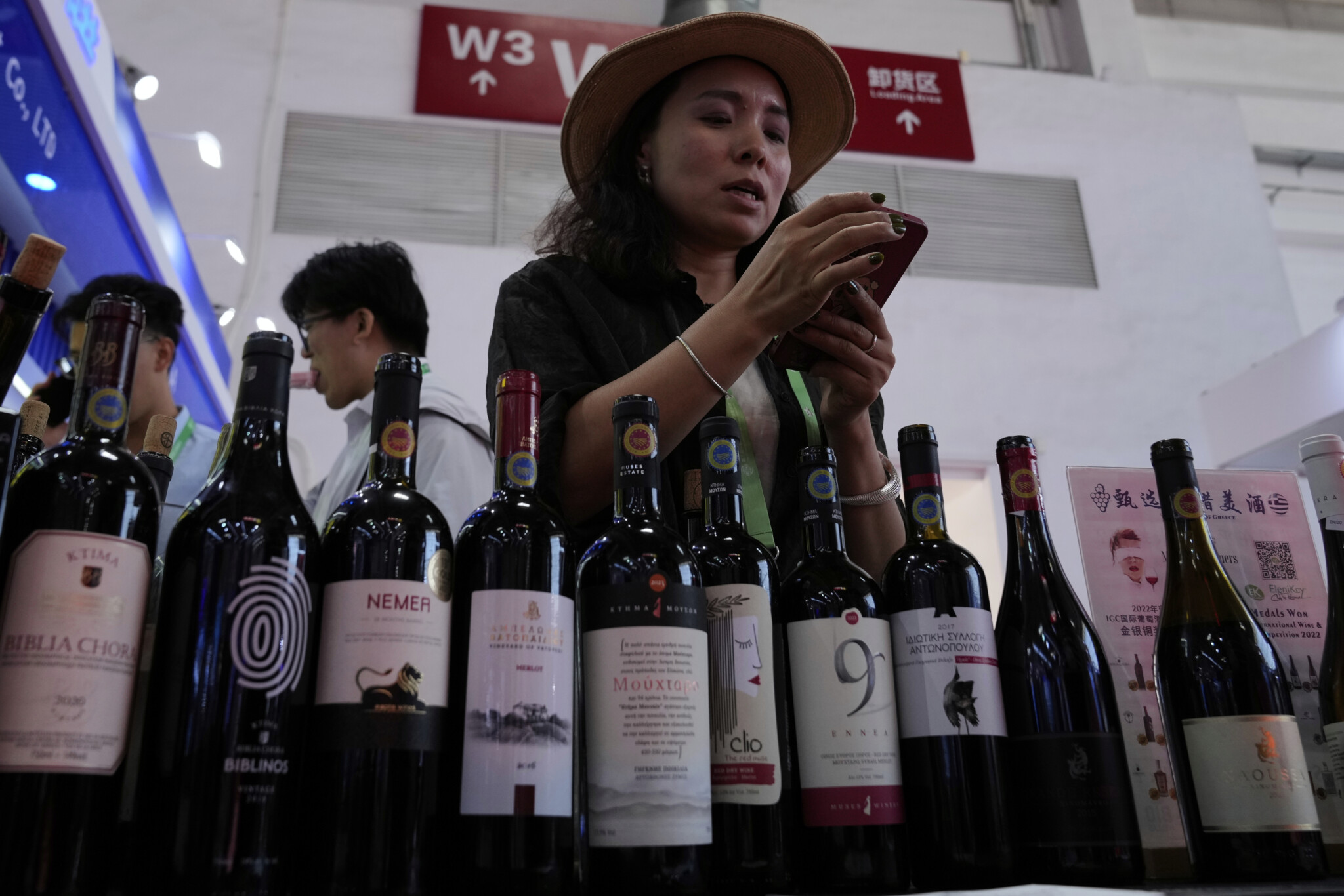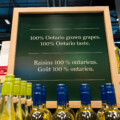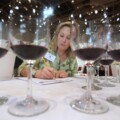The English wine and drinks writer Henry Jeffries wrote an absorbing post on his Substack this week. Substackers write their own headlines, and Jeffries titled his piece, “If nobody speaks of terrible wines”, but it was the subtitle that brought home his point: “Why aren’t wine writers ruder?”. Where are the bad wine reviews, like bad movie, book, or restaurant reviews?
Notably, Jeffries’ post echoes some of the sentiment of a recent New Yorker piece, “How Music Criticism Lost Its Edge”, by the music critic Kalefa Sanneh. It laments a similar lack of mean-spirited music reviews.
In the digital age, has the bad review gone the way of the dodo? Why don’t wine writers protect their readers from buying bad wine by telling which ones to steer clear from?
One explanation (that I don’t particularly like for obvious reasons) is that the wine writer as reviewer has become obsolete. Any number of crowdsourced, social media, peer-to-peer online platforms let people give their own reviews, good or bad.The public no longer requires the gatekeeping authority of an expert to tell them which wines are good or bad.
Jeffries offers one explanation why his wine reviews have stopped being mean that mirrors my experience:
“Most wines that I don’t like are dull, or too expensive for the quality. You can’t get an article out of that the way you can a bad restaurant or book. With a book you have thousands of words you can analyse or pull out ridiculous phrases and quote them. The restaurant reviewer looks at the service, the décor, the location, the whole experience as well as the food. What can you say about a boring wine?”
Jeffries also points out that, humiliatingly, many of the wines he finds awful are perennial best sellers. I know of what he writes. When Canadian provinces banned American wines to retaliate against the Trump tariffs, I was pressured professionally (as well as from friends and family), for alternative recommendations to popular California wines.
The top selling U.S. wines across Canada are precisely the kinds of wines I try and avoid: high in sugar to mask questionable quality grapes and out of balance heat from high alcoholApart from being dangerous in terms of psychotropic effects, there’s nothing wrong with highly alcoholic wines (14 to 16 percent by volume). The problem is when the burn from the alcohol is not balanced by other qualities, like acidity and fruit characteristics. I couldn’t really give specific alternatives, but stuck with general categories. And I didn’t want to get into why I didn’t care for most of the popular wine brands for fear of insulting the many that do.
I spoke to my friend the sommelier, restaurateur, and wine educator Véronique Rivest, who writes wine reviews for Montréal’s La Presse newspaper about avoiding bad wine reviews. She told me she will give a bad review once and a while if something comes onto the market she thinks is really and truly terrible. She feels like it’s her duty to warn the wine buying public.









